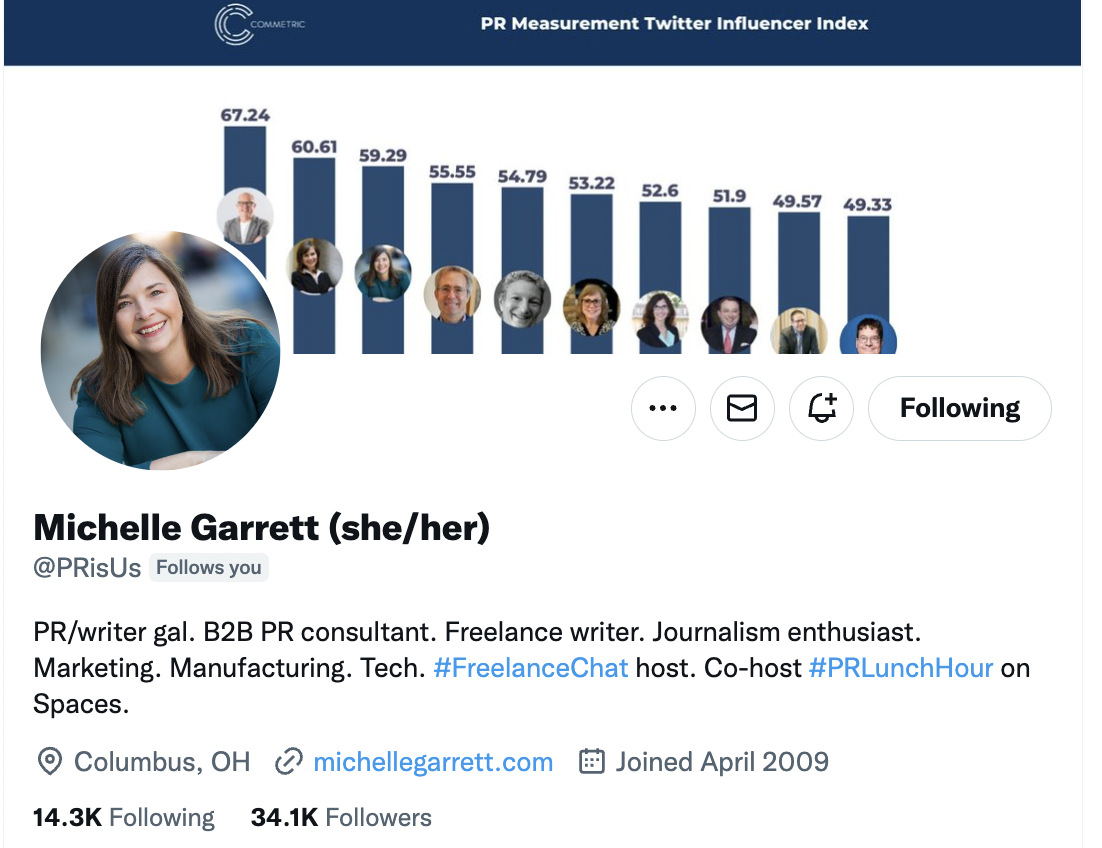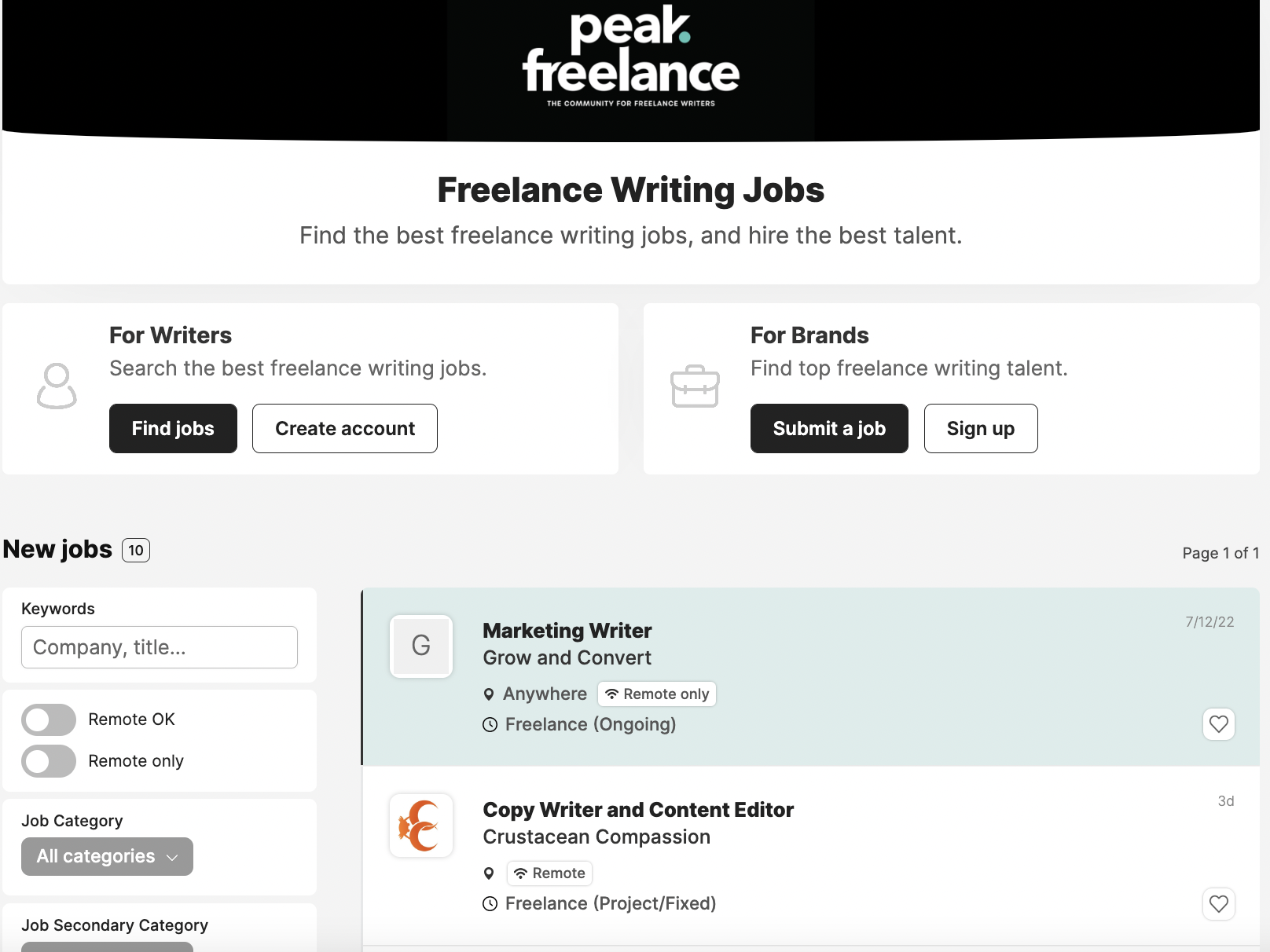When new freelancers ask me how to get started, the first thing I tell them is to create a portfolio of their work.
Clients don’t necessarily care (or ever ask) how long you’ve been freelance writing. They just want to know that you can write well.
The best way to demonstrate this is to gather your writing samples and put them together in an online portfolio. You can see my online portfolio here if you want an example.
You can create a new website or use a portfolio platform like Authory (affiliate). Let’s talk about what to include in a portfolio, how to create a website, what to include in a website, and how Authory works.
What if you are just starting as a freelancer and haven’t written anything?
A portfolio is a must if you’re getting into content writing or copywriting. It allows potential clients to see the quality of your work and determine if your writing style is up to par. If you don’t have a portfolio yet, here are some ways you can build a portfolio:
1. Write for free (once)
I don’t typically advise anyone to write for free. The ONE exception is if writing something for free benefits you more than it benefits them. :)
You can offer to write a free guest post for a friend, family member, or small business you want to help. If you’re new to the industry, it’s a great way to help someone out and develop your portfolio.
2. Do spec work to build your freelance portfolio
If you don't have any published examples to showcase as you’re looking for writing jobs, take it upon yourself to create a writing sample within your targeted niche.
This can demonstrate your writing skills, style, and tone. It’s great to call out that this is spec work, too. It shows what you can do before an editor polishes it.
Here are some places you can publish spec work:
Start your own blog or website: Creating your own blog or website will allow you to write and showcase your work to the world. This can be a great way to build your portfolio, attract potential clients, and become a blogger.
Join a writing community: Join online writing communities, such as Medium, where you can showcase your work and get feedback from others. This can help you improve your writing skills and get a sense of what types of pieces are likely to be well-received by potential clients.
Remember, you can always let potential clients know that your portfolio is a work in progress and let them know you will be happy to provide more samples if they ask.
What should freelance writers put on their WordPress website?
One of the best places to publish your work is to build your writer portfolio on your own website.
Your website for your freelance writing business should showcase your best work and highlight your writing skills and expertise.
If you want to build an entire website (I recommend this), instead of just creating a portfolio, you’ll have to include additional examples. Here are some other key elements that you should include:
Writing samples or portfolio page: We’ve already covered why you need writing samples as you become a content writer and build your freelance writing portfolio.
About page: A brief bio that introduces you and highlights your experience and the type of writing you’ve done. It should be kept professional and should provide a sense of your personality, voice, and style.
Testimonials: Include quotes or testimonials from past clients or editors that vouch for the quality of your work and the working experience.
Niche expertise: If you have a particular area of expertise or writing niche, it's a good idea to include a section that highlights it. This will make it easy for potential clients to see your areas of expertise and hire you for gigs.
Contact information: Be sure to include a contact form so that prospective clients can easily get in touch with you and hire you for freelance writing jobs. I recommend adding a form instead of putting your contact information on your site. It will protect you from spam.
Personal Branding: Your website should not only show of your writing work, but it should also reflect your personal brand. For that reason it is important to be consistent in the way you present yourself, your writing style, and the type of work you do. Only show your best writing on your pages.
Remember that a website represents your writing and your personal brand, so it should be well-organized and easy to navigate, and it should include your best work and the work that demonstrates your expertise.
Keep in mind that a website is a living document and it should be updated regularly with new pieces of work and new testimonials
How do you build an online writing portfolio?
If you don’t want to build an entire website—no problem. You can always use a portfolio platform. I know SEVERAL successful freelancers who only have an Authory profile, and they are always booked.
There are many online portfolio websites available, and the best one for you may depend on your specific needs and requirements. Here are a few popular options:
Authory: Authory is a platform designed for journalists and freelance writers to curate, backup, and monetize their articles from different publications. It allows writers to import articles they've written from different websites, and keep them together in one central location. The platform also offers an easy way to showcase your work to potential clients, and connect with them via a contact form. Additionally, it offers a feature that lets writers to monetize their articles by adding a paywall.
Behance: Owned by Adobe, Behance is a community for creative professionals to showcase their work and connect with others in the industry. It's a great option for designers, illustrators, and photographers.
Carbonmade: Carbonmade is a simple, user-friendly portfolio website that allows you to easily create a customized portfolio to showcase your work. It is a good option for artists, designers, photographers, and other creatives.
Contently: Contently is a portfolio platform specifically designed for content creators and freelance writers. it also offers a way to showcase your work, a networking feature to connect with clients, and it also has a marketplace where clients can find you
Clippings.me: Clippings.me is another option for journalists, writers, and editors that allows you to import and curate your articles, it also offers a clean and customizable layout, and a way to connect with potential clients through a contact form.
Journo Portfolio: Journo Portfolio is a platform designed specifically for journalists. It allows you to import your articles, showcase your bylines and offers a clean, easy-to-use interface.
LinkedIn: LinkedIn has a portfolio feature that allows users to upload samples of their work. It can be a good option for freelancers, writers, and other professionals to showcase their work and connect with potential clients.
Remember that when choosing a portfolio website, you should consider the features and options that are most important to you, and also think about how it can help you market your skills and find new clients. My fav is Authory.
How does Authory work?
Authory works by allowing journalists and freelance writers to import their articles from different publications and websites, and keep them together in one central location. The platform is built to help the authors to curate, backup and monetize their articles.
Here is a general breakdown of the process:
Sign up: The first step is to create an account on Authory, during the signup process the user will need to provide their personal and contact information.
Import your articles: Once you have an account, you can start importing your articles. Authory allows you to connect your Google News and Medium account, and will automatically import your articles. You can also import articles by providing a link to the article or upload a PDF.
Customize your archive: The platform allows you to organize and tag your articles, making it easy for readers to find the articles they are looking for. You can also add featured images, and other metadata.
Monetize your articles: Authory allows you to monetize your articles by setting up a paywall, this way you can allow readers to access some of your articles for free, and charge for others.
Share and Promote: Authory provides a customizable URL for your archive, that you can share with readers, editors and potential clients, you can also share your articles via social media and embed them in your own website
Keep it updated: Authory encourages you to keep your portfolio updated so you can show off your most recent work.
How can I use my portfolio to promote my services and increase visibility?
Creating an online writing portfolio is a great way to showcase your skills and attract potential clients. However, having a portfolio is just the first step.
To truly make the most of it and promote your writing services, you need to take a proactive approach. Here are a few ways you can use your portfolio to increase visibility and attract new clients.
First, use social media to your advantage (especially LinkedIn and Twitter). Share your portfolio on different platforms, and don't be afraid to ask your friends and followers to share it as well. This can help you increase your visibility and attract potential clients who may not have found you otherwise.
Another easy way to promote your portfolio is by adding a link to it in your email signature. This is what mine looks like:
A dedicated landing page for your services can help potential clients understand what you offer and how you can help them. Consider creating a landing page on your portfolio that specifically promotes your services, with a clear call-to-action, such as a "Hire Me" button, making it easy for potential clients to contact you.
Networking and building relationships is the best way to promote your services and get your name out there. Attend conferences, meet-ups, and join groups to help increase your visibility and credibility.
Finally, make sure your website is optimized for search engines. This will make it easier for potential clients to find you when searching for a writer with your skills and expertise.
Good luck landing your first client!
Creating a portfolio takes time and effort, but the results will be worth it.
For new freelance writers, don't be discouraged if landing your first client takes time. It's a process that takes time, patience, and a bit of luck.










